
The Company of Strangers
A Natural History of Economic Life
Recommendation
Credit author Paul Seabright's achievement on several scores. First, he is an economist who thinks outside the supply-and-demand box, and whose thoughts actually are comprehensible to the average reader. Second, his ideas are original, blending evolution, economics and sociology. In his view, the daily trusting interaction of complete strangers is a marvel that is unprecedented in the animal kingdom. Moreover, this high degree of non-familial social cooperation has only arisen in the past 10,000 years or so, despite the six to seven-million-year existence of Homo sapiens. Although the average businessperson probably has no direct application for Seabright's book, it's interesting, worthwhile reading anyway. In a world where the need for global cooperation is greater, and its existence more fragile, getAbstract.com recommends this book for its unique, valuable perspective.
Summary
About the Author
Paul Seabright is a contributor to the London Review of Books and a professor of economics at the University of Toulouse, France. Previously, he served as a fellow of All Souls College in Oxford and of Churchill College in Cambridge.









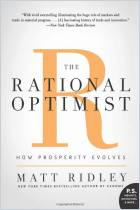
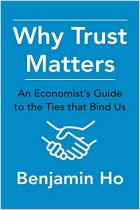
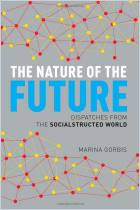
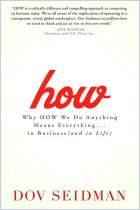
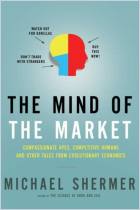








Comment on this summary or 开始讨论